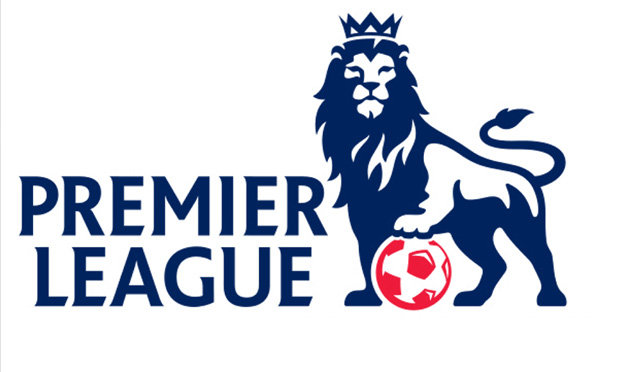There are a few things in football that will send supporters in a fit of rage in the same way that diving does! No matter if you support a Premier League club or a team in the lower divisions, the topic of simulation will make any true football fans blood boil.
There may however be some good news on the horizon, the Football Association have declared that they are looking into the problem and one of the ideas they are looking at is introducing retrospective bans to combat the evident public anger on the subject.
Football Association chairman, Greg Clarke is determined to take strong action on alleged cheats and has publicly announced a fact-finding mission to Scotland to see how they tackle the problem north of the border.
Scotland have the ability to retrospectively take action on simulation. In 2011 they introduced rule 201 which made it an offense for a player to mislead a referee or match official to gain an advantage. Rule 201 states “No player shall cause a match official to make an incorrect decision and/or support an error of judgment on the part of a match official by an act of simulation which results in that player’s team being awarded a penalty kick and/or an opponent being dismissed and/or any other substantial advantage being gained.”
Whilst a huge majority of fans will welcome any action taken to eradicate diving, some fans feel the referees should be doing more. Regular watchers of Match of the Day will have lost count of the amount of times the commentators have stated “If he had gone down, it would have been a stonewall penalty” but it is extremely rare for a referee to award a penalty unless a player goes to ground. Many claim this justifies players “making a meal” of any slight contact.
But will retrospectively banning players for diving be fair?
Currently if a match official decides that a player is guilty of simulation then they receive a yellow card. So some fans are questioning why a player should be punished more due to an inept referee. This also raises the intriguing debate that this rule will actually be detrimental to the team that was wronged.
To explain this a bit, let’s say Leeds United are playing Newcastle United in the Championship. Newcastle United’s star striker fakes contact and wins a penalty from which he scores. After the game the FA decide to ban the player for 2 games. The next team to play Newcastle are Sheffield Wednesday who are the main rivals in the promotion race for Leeds. So not only did Leeds not deserve to lose their game against Newcastle, the team they are competing with for promotion to the Premiership has been given a massive advantage.
One way to combat this is to upgrade the punishment given during a match to a red card and also ban the player for two games. There is some evidence that referees are starting to take a much tougher stance on simulation. As a result, some clever punters have been taking advantage of this attitude change and are backing that a player will be sent off in each game. If this interests you, here you will find betting sites that allow you to bet on the referee to issue a red card.
Some people argue that the solution to the problem lies with the clubs, a player who cheats should be fined and banned by his club voluntarily. This is however unlikely, the value of victory in the Championship play-off is estimated to be £170 million alone, would a team voluntarily weaken themselves before such a game? I doubt it!
So what’s your thoughts? How would you combat the growing menace of cheating? Does the answer lie in education or is the only way forward is to ban guilty players? It certainly will be interesting to see what the FA decide.

